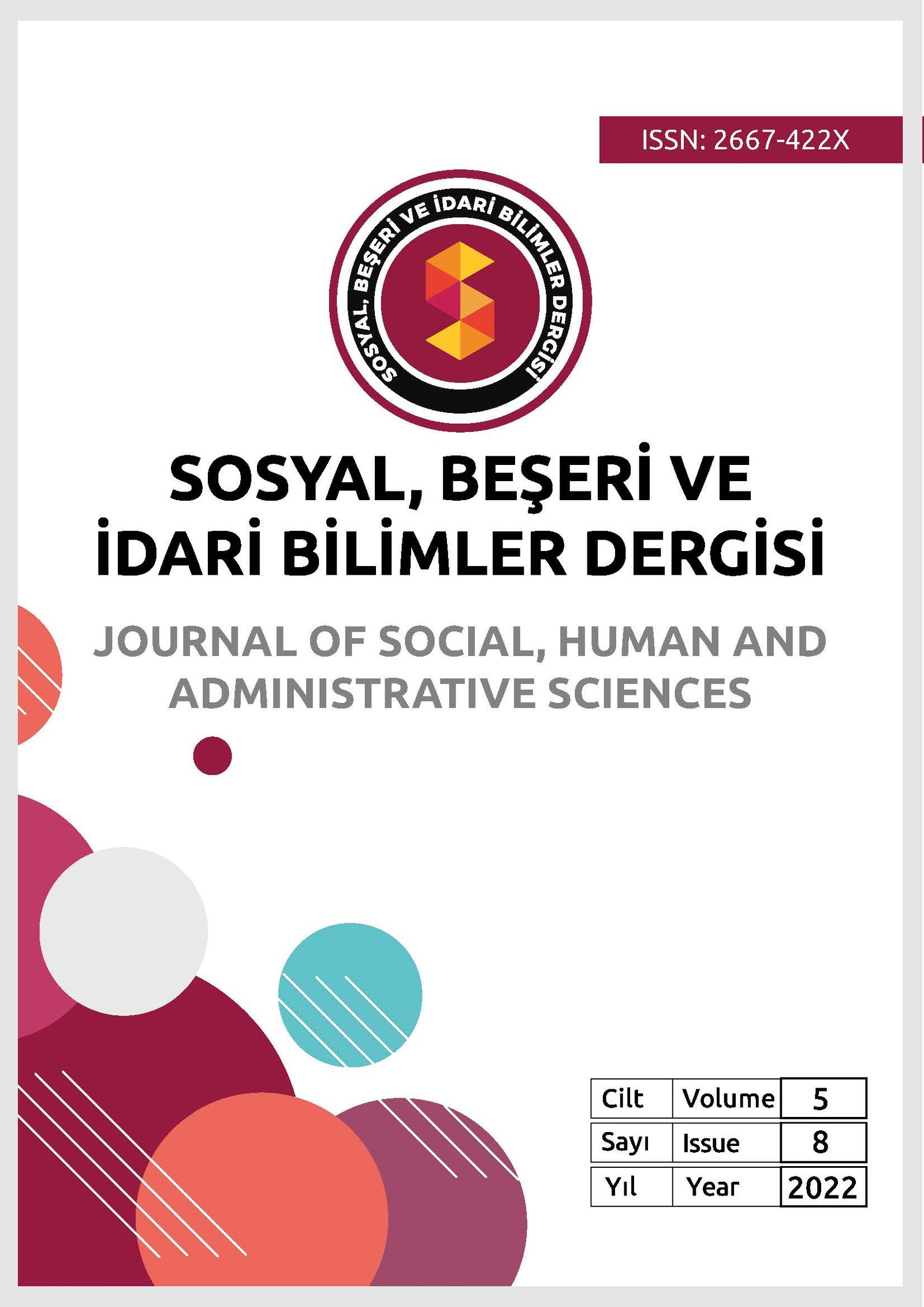Investigation of Environmental Effects of Ecotourism in Karasu within the Scope of Sustainable Tourism
Main Article Content
Abstract
Tourism, which makes great contributions to the economies of countries, supports the development of economic, social and cultural development processes. The tourism industry creates supply values by using natural, cultural and historical values as resources. The fact that countries give priority to development creates negative effects on the environmental resources of countries by causing social, cultural or environmental factors to be ignored or deficiencies in their protection. This situation reveals the concept of sustainable tourism as an alternative formation for tourism stakeholders. Ecotourism, which is considered as ensuring economic development by securing the sustainability of natural resources, is an activity that aims to protect the environment and transfer it to future generations. However, uncontrolled ecotourism activities also have negative effects on the environment. In this study, it is aimed to evaluate the effects of ecotourism on the environment with a critical perspective by examining the literature. As a method, a literature review is made and face-to-face interviews are used with institutions, organizations and relevant people related to ecotourism. In the study, the concepts of sustainability, sustainable tourism and ecotourism are examined and suggestions are developed for ecotourism activities in Karasu without causing negative effects on the environment. As a result of the research, it was determined that the ecotourism activities in Karasu do not contribute enough to the economy and that they have negative effects on environmental resources like other types of tourism.
Article Details

This work is licensed under a Creative Commons Attribution 4.0 International License.

